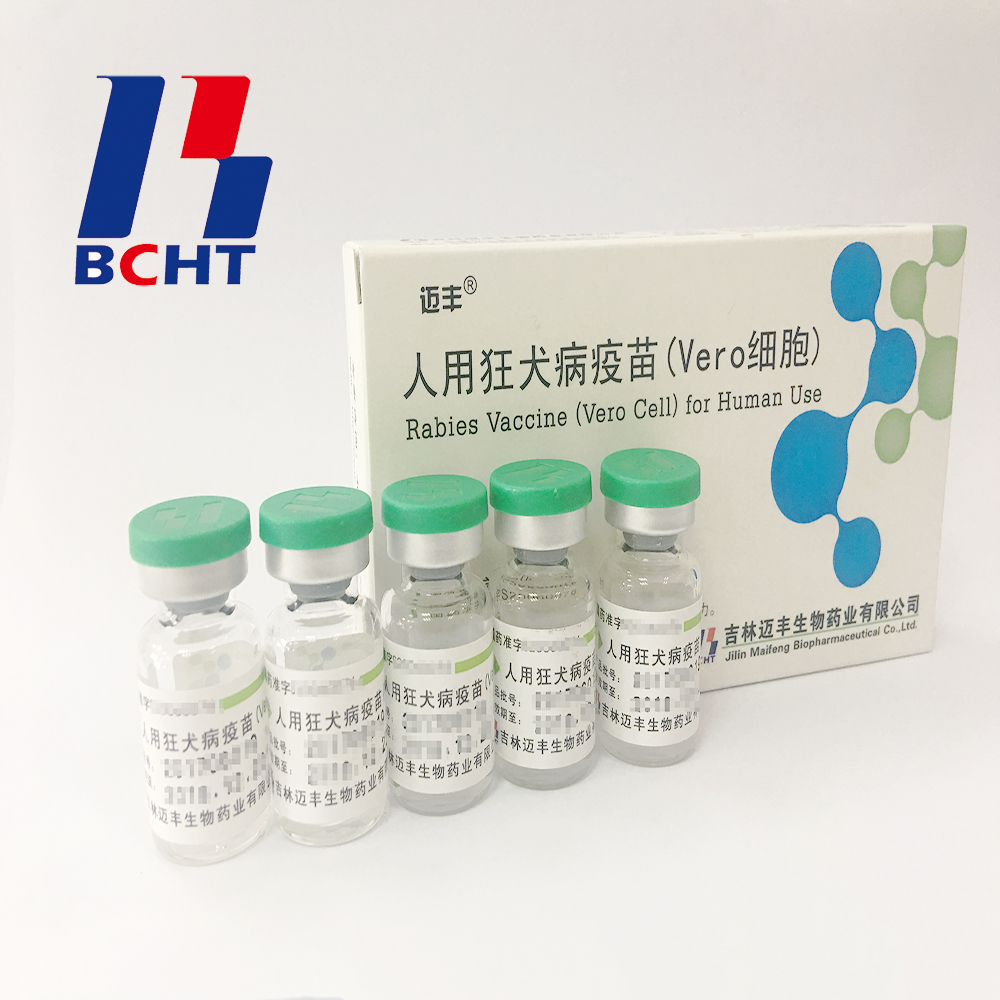Tomatoes have successfully grown hepatitis B antigen gene transgenic tomatoes can prevent SARS? On the 21st, at the scientific meeting organized by the Beijing Municipal Science and Technology Association to fight SARS, two plant virologists suggested that genetically modified plants with an SARS (SARS) virus immune source could be cultivated. They stimulate the body to produce antibodies, in theory can achieve the purpose of preventing SARS. Prof. Ji Jiyan, one of the advisors and the Institute of Plant Protection and Environmental Protection of the Beijing Academy of Agriculture and Forestry Sciences, introduced that the idea of ​​using genetically modified plants to prevent SARS was inspired by the prevention of smallpox. It is the first widely used artificial immune technology in humans. The vaccinia virus is a weak virus of the variola virus. It is basically not pathogenic in the human body, but it can stimulate the body's immune system to produce antibodies against vaccinia virus, while the vaccinia virus It is very similar to the smallpox virus. Therefore, humans are immune to the smallpox virus. At present, many scientists are looking for a SARS vaccine. It is also a thought that if we can find the SARS virus's weak virus and import it into the human body, it can not only cause illness to humans, but it can also stimulate the body to produce antibodies so that the SARS virus also affects the human body. With immunity. Other scientists hope to reduce the toxicity of the SARS virus through technical means. The SARS virus, which has been reduced in toxicity, will be injected into the human body as a vaccine to produce antibodies. But until now, scientists have still not found the SARS virus's weak virus, and the use of easily mutated viruses as vaccines has its own potential risks. Another advisor, Professor Li Huaifang of the Department of Plant Diseases of China Agricultural University, believes that it is possible to use the existing transgenic technology to produce transgenic plants with SARS virus immunity. As long as the relevant gene of the SARS virus is obtained, it is introduced into a plant cell and expressed, and finally a transgenic plant can be obtained. The immune source extracted from the injection into the human body can mobilize the body's immunity against SARS, or directly for human consumption, "I believe it will also play a preventive role." In fact, similar methods have been successful in the prevention and treatment of hepatitis B. . Plant virus workers have successfully expressed hepatitis B virus surface antigen genes in tomatoes and potatoes. At present, research on the use of genetically modified plant vaccines has overcome many technical difficulties. Many products have been developed in developed countries. By replacing injections with oral instead of injections and using fresh natural foods (vegetables and fodder) instead of purified immune sources, both humans and animals will provide greater convenience and ease of use, and production and promotion costs will be quite low.
Rabies Vaccine (Vero Cell) for Human Use
The first company develops and employs the technology of microcarrier bioreactor for production of Rabies Vaccine (Vero Cell) for Human Use in China. The culturing process has good repeatability, the product shows reliable quality and in reasonable stability and has the comparable effect with lyophilized formulation.

Rabies Vaccine,Freeze-Dried Rabies Vaccine,Mild Rabies Vaccine,Stable Rabies Vaccine For Human Use
Changchun BCHT Biotechnology Co. , http://www.ccbcht.com